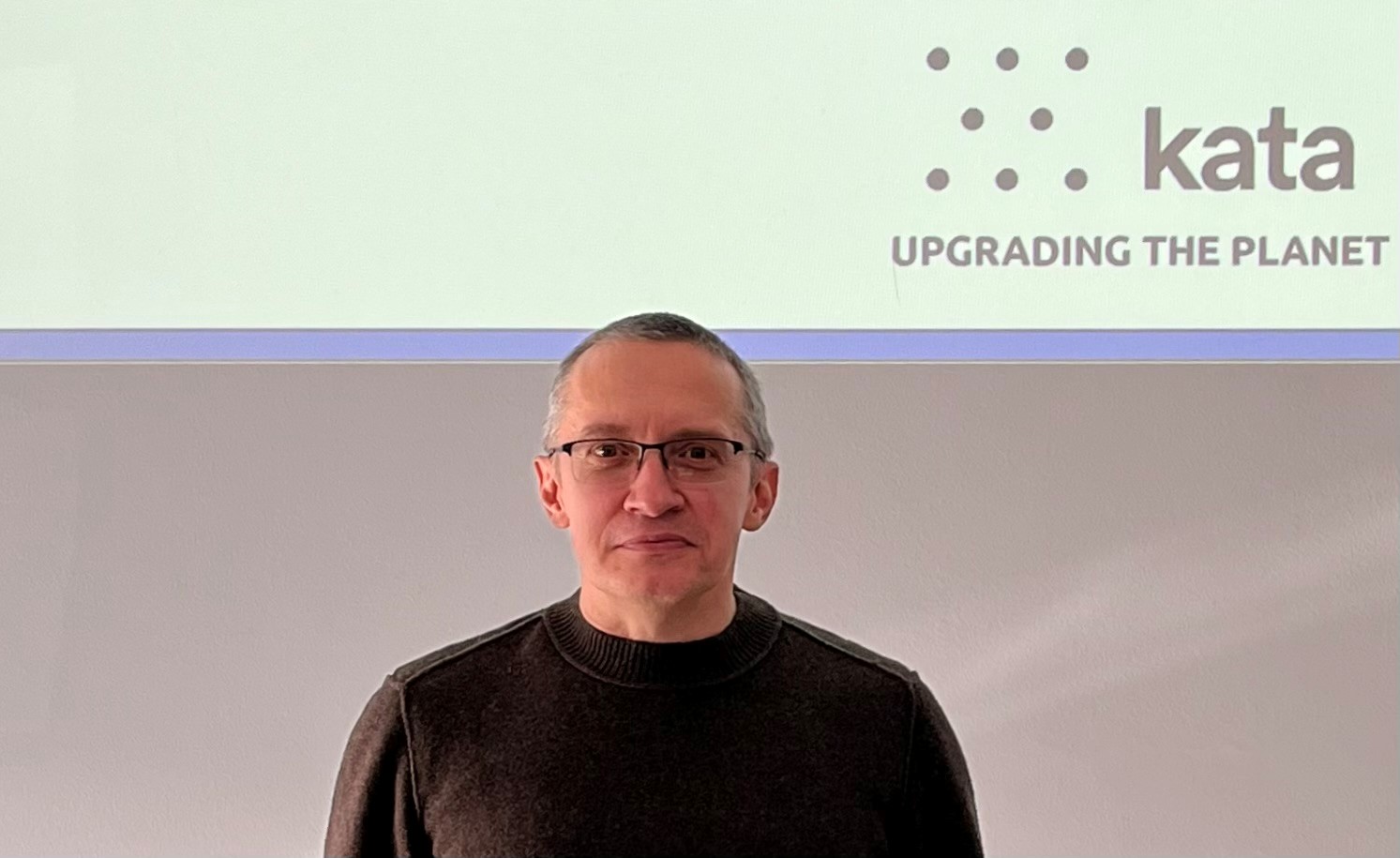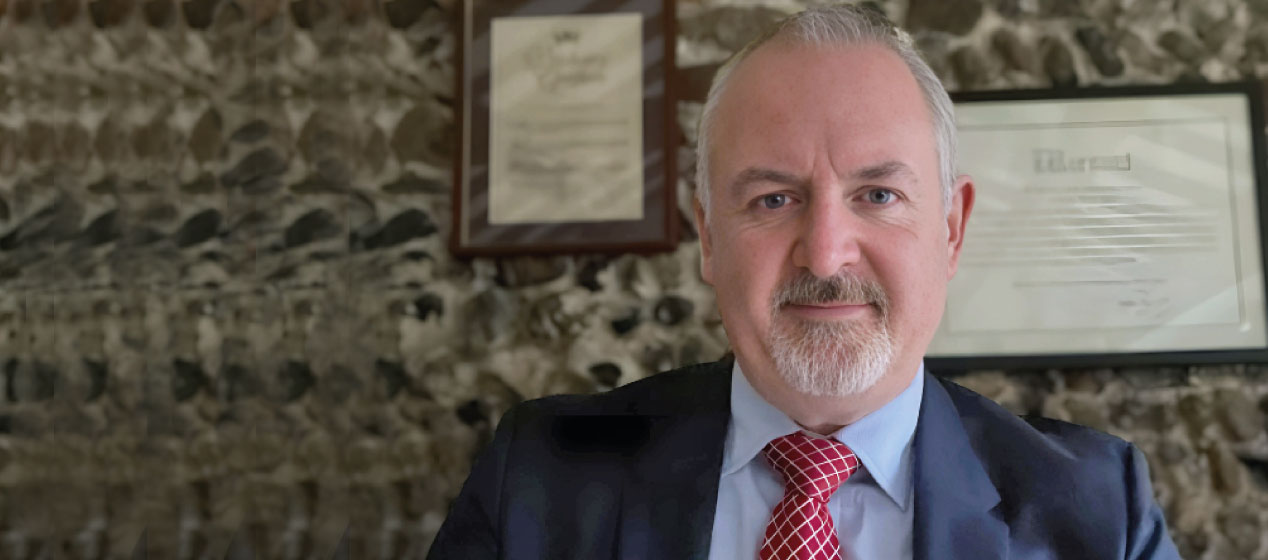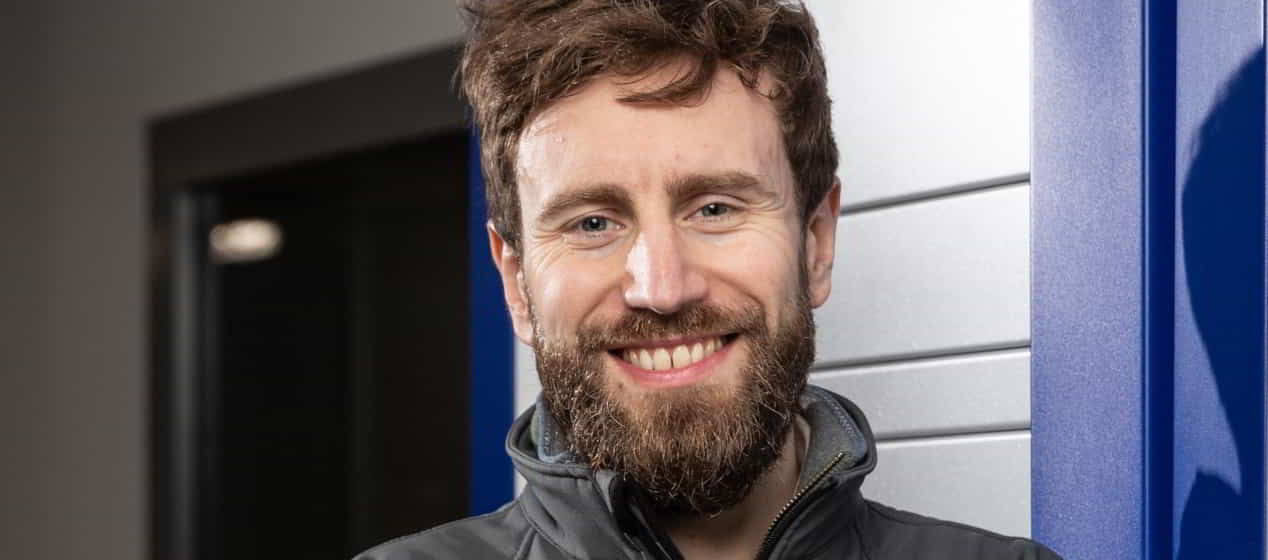NEOL’s expert interviews: Boris Zhmud
Author: NEOL
For the second in our expert interviews’ series, we had the pleasure of sitting down with Dr. Boris Zhmud, an expert in the field of tribology and lubricant technology with a career spanning both academia and industry. His background in chemistry and extensive experience in lubricants and lubrication engineering has positioned him at the forefront of innovation in the automotive sector, particularly in the realm of e-mobility.
Currently involved in several cutting-edge projects, including sustainable biofuels and lubricants for electric vehicles (EVs), Dr. Zhmud brings a wealth of knowledge to the table. Join us as we delve into the world of lubrication together, gaining a comprehensive understanding of the complexities, innovations, and future trends shaping this critical industry.
Q: Thank you for joining us Dr. Zhmud. To get us started, could you give us a brief overview of your background and the current work you are involved in?
Dr. Zhmud: So, my professional life can be divided into two halves. The first was focussed on pure research in chemistry and physical chemistry, including a position as an associate professor at Lund University in Sweden.
The second half has been working in the lubricants industry itself, with companies such as Nynas Petroleum, E-ion, and BIZOL. Currently, I am involved in a number of different projects, including one with KATA Circular – an interesting company manufacturing sustainable fuels and base oils from waste plastic. I’m also engaged with a startup company called Tribonex in Sweden, in several projects related to e-mobility.
Q: In your experience, what are the main challenges facing e-mobility vehicles when it comes to lubrication?
Dr. Zhmud: Some of the challenges are similar to those faced by any type of vehicle, but hybrid vehicles and EVs also have unique challenges of their own. For plug-in hybrids, a major challenge is the different operating conditions for the internal combustion engine. The engine often starts and stops for short intervals, and generally operates at lower temperatures. This can lead to increased water accumulation, higher fuel dilution, and specific tribological stress on engine components.
For fully EVs, the main challenge is that electric motors operate at incredibly high speeds, sometimes up to 30,000 rpm, which require entirely different lubricant solutions to those used in traditional combustion engines. There are also some material compatibility challenges.
Q: How are lubricant developers addressing these issues?
Dr. Zhmud: We’re starting to see some significant changes in both hardware and lubricant formulations. There’s a move towards lower viscosity synthetic oils that can flow more easily in cold-start conditions for hybrid vehicles. And for the high-speed electric motors of EVs, we’re developing new formulations and lubrication methods like force lubrication and spray lubrication to replace the traditional splash lubrication that isn’t as effective.
We’re also exploring waterborne lubricants for their superior cooling properties, but there is still a way to go until we have a comprehensive solution.
Q: How can mechanical engineers and lubricant developers better collaborate to develop solutions for EV transmission fluids?
Dr. Zhmud: For us to improve collaboration we need to embrace a consortium model, with hardware designers and lubricant formulators brought together from the early stages of development. This I would say is crucial, because we’re dealing with an incredibly diverse range of hardware in EVs – from simple reduction gearboxes to complex multi-step transmissions. One universal fluid simply can’t meet all these varied needs effectively.
So, we need to work closely to understand the specific challenges and requirements of each platform. There needs to be more open communication, joint testing programs, and a willingness to share data and insights, with a focus on developing tailored solutions rather than trying to create one-size-fits-all products. This might mean more work upfront, but it will lead to better-performing, more efficient systems in the long run.
Another key aspect is to reduce the complexity and cost of approval processes. The current system often hinders innovation, especially from smaller companies. By streamlining these processes – while of course still maintaining rigorous standards – we can encourage more innovative ideas to come forward.
Lastly, we need to think beyond traditional additives. Many conventional solutions aren’t suitable for the unique demands of EVs. By collaborating closely, we can develop new approaches that address issues like corrosion prevention and heat dissipation without compromising the electrical systems or overall performance of the vehicle. It’s no doubt a challenging task, but closer cooperation between lubricant developers and mechanical engineers is essential for advancing EV technology.
Q: And what is you view on the future of e-mobility? Will we see a fully electrified fleet in the next 20 years or so?
Dr. Zhmud: Based on my experience at numerous conferences, and discussions with major stakeholders in the automotive industry, I think it is highly unlikely we would see this within the next 20 years. I’m not sure it is something we will ever see.
That isn’t to say e-mobility won’t play a key role in decarbonisation. It absolutely will. However, it won’t be the sole solution. My perspective, which aligns with many German companies I’ve worked with, is that we need a multi-technology approach. We shouldn’t ignore fuel cells, hydrogen engines, or renewable fuels, as each of these has its place and can contribute to carbon neutrality.
I mean, if we were to completely switch to using hydrogenated vegetable oil instead of petroleum diesel, we could achieve carbon neutrality right now. But this can’t be the only solution due to limited resources. Likewise, battery technology faces its own challenges in terms of resource availability, current energy mix, and safety concerns – not to mention the carbon footprint associated with manufacturing these batteries and recycling them after use.
Q: Thank you Dr. Zhmud. One final question. NEOL is of course developing lubricants using copper filming technology. What are your thoughts on this technology? And what potential does it offer to the EV industry?
Dr. Zhmud: I find copper filming technology to be a very interesting and promising development, particularly for the EV industry. It goes beyond what we typically see with conventional metallic friction modifiers.
The key advantage of copper filming technology lies in its unique protective properties, especially against hydrogen-related damage, which is crucial, as hydrogen is far more prevalent in tribological contacts than many realise. Even in situations where you wouldn’t expect hydrogen, it can be produced through the decomposition of lubricants or as a byproduct of carbon formation in electrified tribological contacts.
For e-mobility, we are limited in the types of additives we can use in applications due to concerns about electrical conductivity and copper corrosion. Copper oleate additives representing the core of NEOL technology, however, belongs to a category of additives that are compatible with these systems. A heavier atomic weight of copper gives it a higher affinity to surfaces, potentially making it more effective than zinc-based detergents in similar combinations.
Personally, I see copper filming technology having a bright future in e-mobility applications. We’re actually testing it in one of our current projects, and I’ve been impressed by its performance so far. The technology seems to offer protection that extends beyond classical friction modification, which could be invaluable as we continue to push the boundaries of electric vehicle performance and efficiency.
Of course, as with any new technology, more research and real-world testing are needed. But from what I’ve seen, copper filming technology has significant potential to address some of the unique lubrication challenges we face in the electric vehicle industry.
Q: It’s been a pleasure Dr. Zhmud. Thank you for sharing your thoughts and immense expertise!
Dr. Zhmud: Thank you for having me. These are highly important topics and ones that I am always open to discussing!

